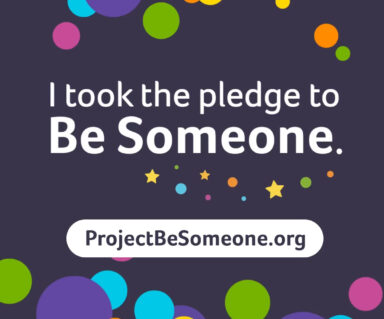You are important. You are special. You matter.
Discover the power you’ve always had to stand up for yourself and your friends.
People you trust, including you Something feels wrong What to do when something feels wrong
People you TRUST, including YOU
Let’s think about the word TRUST. What does trust mean? When you trust someone, it means they never let you down. They are there for you. They always believe you.
Everyone has at least one person who cares about them, and who they care about. Maybe it’s your mom or dad, or maybe it’s your teacher or principal, or maybe it’s your aunt or neighbor.
In addition to having people who you trust, you have to trust yourself. It may sound funny, but learning to listen and paying attention to your feelings is an important skill.
When something makes you happy or when something good happens, you want to celebrate and tell the people you love. When something bad happens, you can tell the people you trust, and they will help you. Adults also have rules they need to follow, so they can help make the bad things stop. Learn the rules here.
Who is someone to you? List five people who care about you, one for each finger on your hand! You are someone to these people. If you were ever in trouble, or if something were really wrong, you could tell any of them, and they would help you.
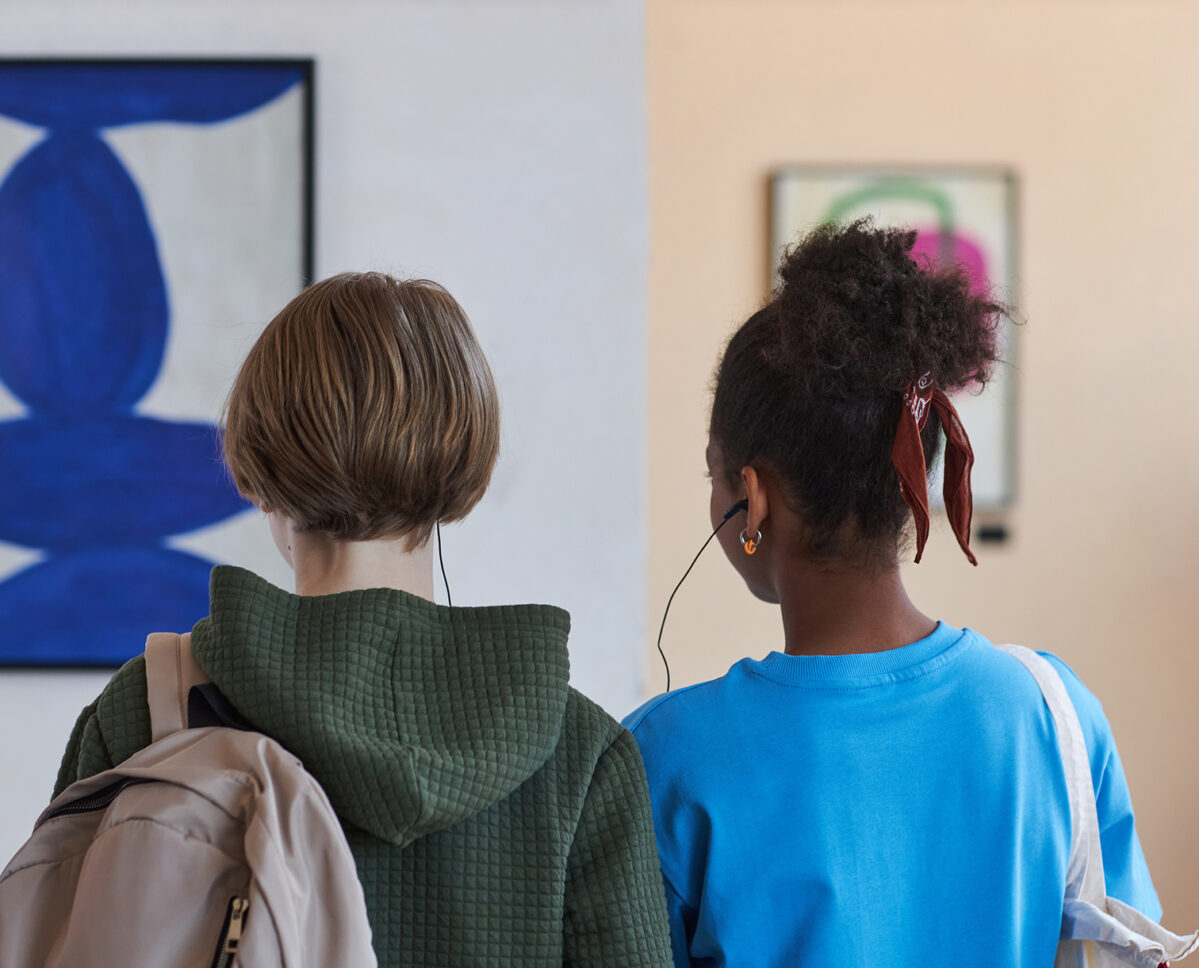
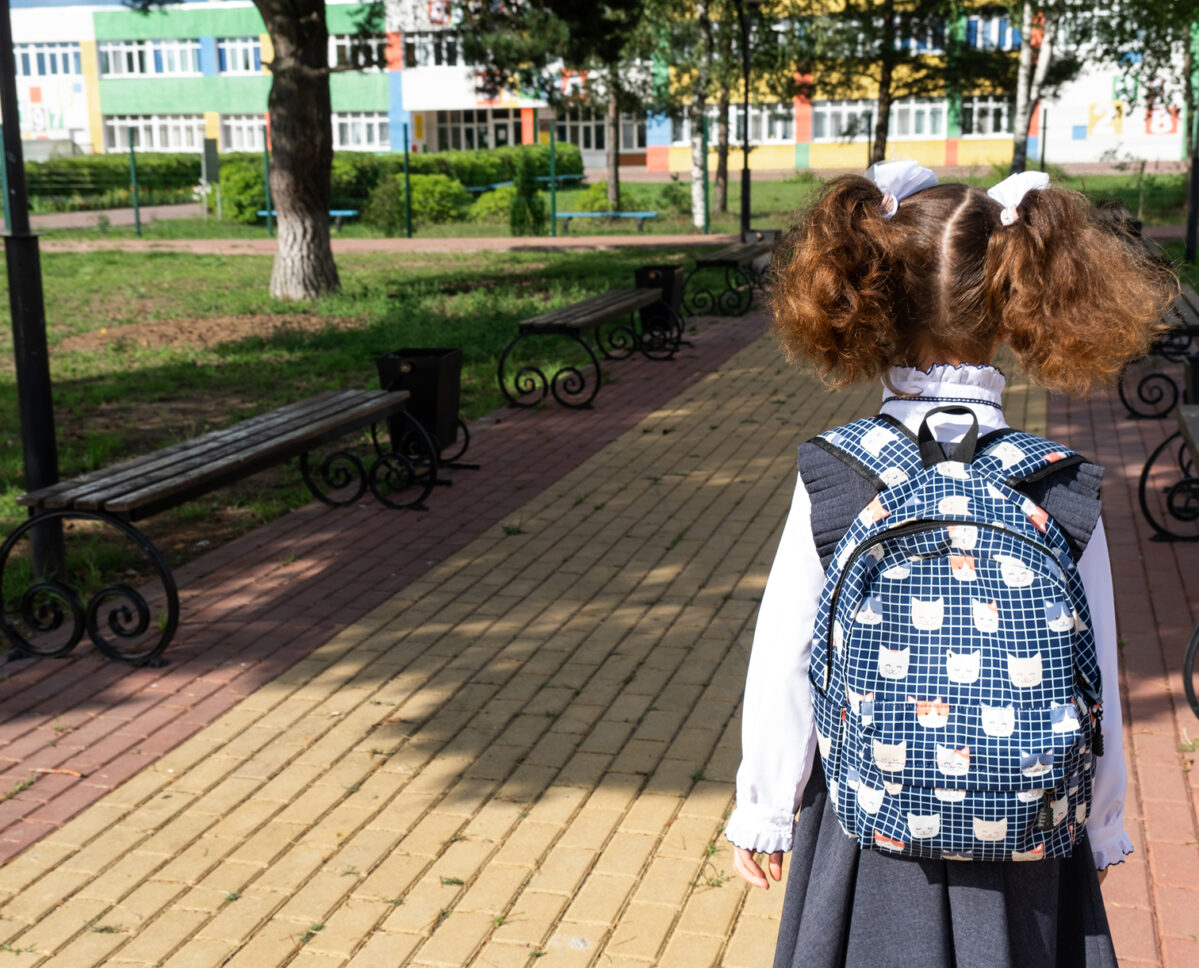
Something feels wrong
Something may feel wrong to you if;
- You feel icky inside
- Your stomach hurts
- Your heart starts to beat fast
- Your hands start to sweat
- You feel nervous or like you might throw up
- You feel like crying
- You feel sad all the time
- You don’t feel like yourself
What to do when something feels wrong
If you feel like something is wrong, do these right away.
Say no way!
If something feels yucky, say no way! Get louder if what’s happening doesn’t stop.
Go away!
If something doesn’t feel right, go away! Walk away from whatever is bothering you to somewhere safe with other people.
Tell someone today!
When bad things happen, it’s not your fault.
Tell someone that you trust if you are in pain, or if you feel sad, or if an adult is asking you to keep a bad secret. It’s OK if you tell more than one person. Make sure you’re getting the help you need to make the bad thing stop. It’s OK to even call the police. Your safety matters and you are important.
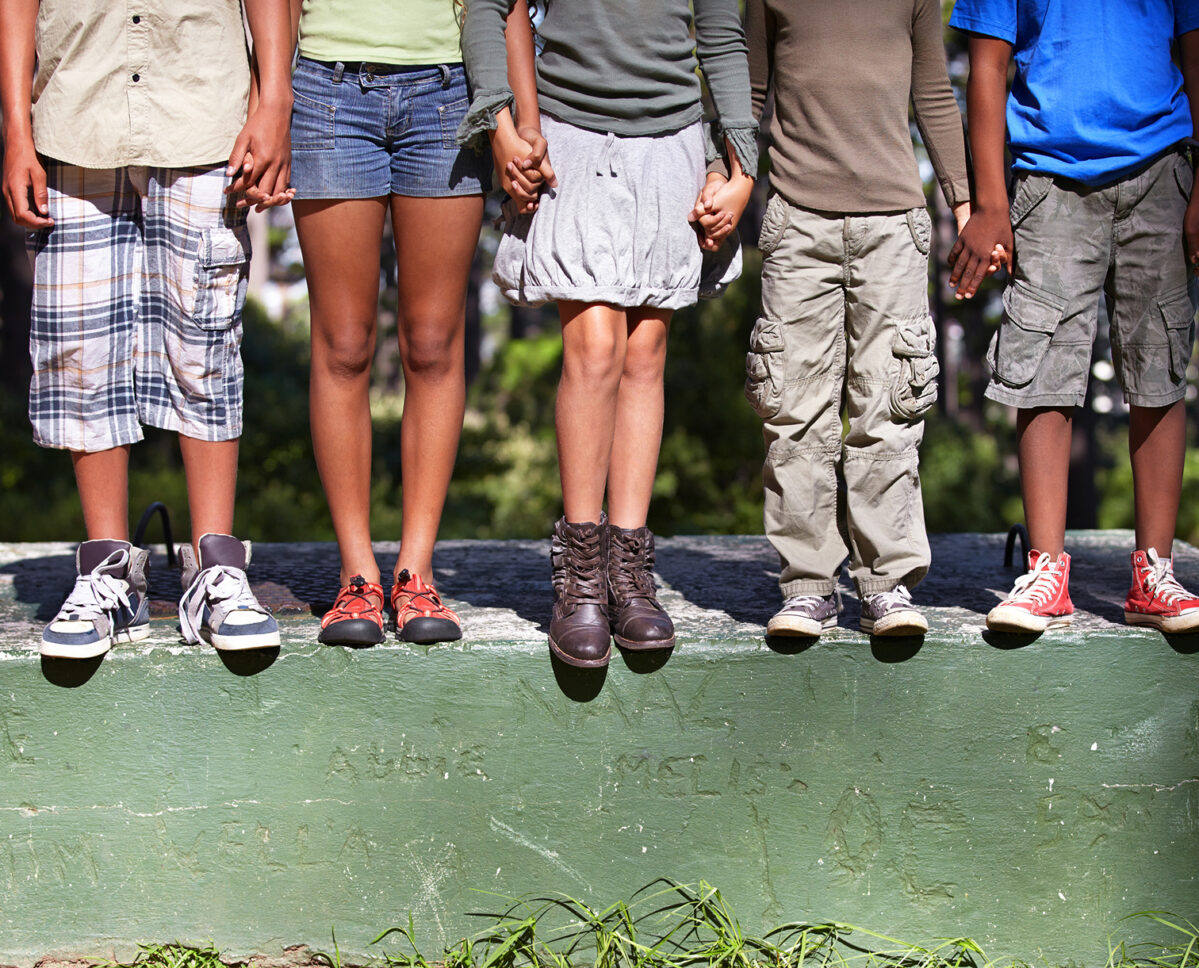

Say these out loud:
- I am brave!
- I am strong!
- I can say no!
- I stick up for myself!
- I can help my friends!
- I am important!
- I am someone!
9 rules for adults to keep children safe
Even adults have rules they need to follow. If there is a person in your life who makes you feel unsafe or bad, tell one of the adults you trust.
1.Help children feel safe.
It’s a grown-up’s job to protect children and make sure they’re free from harm. Help them identify five people who care about them and who they can trust in a time of need — one for each finger on their hand.
2.Believe children when they say they’re hurt, and say, “It’s not your fault.”
Adults should offer to comfort children when they are sad or feel pain, and help to make sure whatever is causing the injury doesn’t happen again.
3.Explain the difference between a secret and a surprise.
Secrets are bad and adults shouldn’t ever ask a child to keep one. Surprises are good and fun!
4.Teach children the correct name of their private parts.
Using terms like “penis” and “vulva” just like we say “arm” and “ankle” is important because there’s no shame in any part of our bodies.
5.Talk to kids about safe and unsafe touches.
Safe touches make children feel loved and comforted. Unsafe touches can be painful and make children feel scared. No one should touch children’s private parts except to keep them clean and healthy.
6.If you suspect abuse, you can say, “I care about you. You seem really afraid and sad.” Or, “Is anything bothering you?”
A trusted adult will listen and help make children safe from harm.
7.If a child comes to you for help, remain calm, listen and provide the support needed.
Say, “I believe you” and “Everything will be okay.” You can be the trusted adult that a child counts on.
8.If you have a reasonable suspicion that abuse is happening, you are required to report it to law enforcement.
Police officers and other law enforcement professionals want to make sure all children are safe and protected.
9.Frequently tell and show children in your life that you care about them.
Hugs (with permission), high-fives, pats on the back and saying “I love you” are important for everyone. Children who are confident that they are special to the adults in their life are less vulnerable to grooming tactics from predators.
Places to seek help
We understand asking for help may be hard. But we are here to support you on your healing journey to provide resources and hope for your future. Find a Child Advocacy Center near you.
Protect yourself and others
All children are important. Your friends are important. Your brothers, sisters and cousins are important. All children deserve to grow up in a safe, loving, trusting home. You can help your friends be safe, too.
RAINN National Sexual Abuse Telephone Hotline – 800-656-4673
Teen Sexual Assault: Information for Teens from the National Child Traumatic Stress Network
Resources
Below are resources to support you or someone you know on their healing journey.
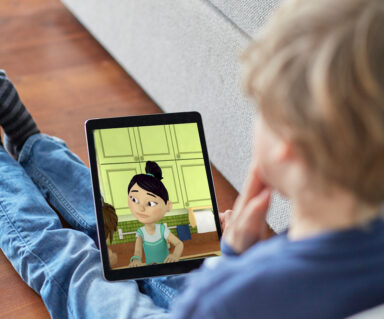
Videos
Watch these videos to help you understand signs of abuse, and to help talk about it to others.
Learn more
Books
Check out recommended books to help you and the children in your life understand signs of abuse.
Learn more